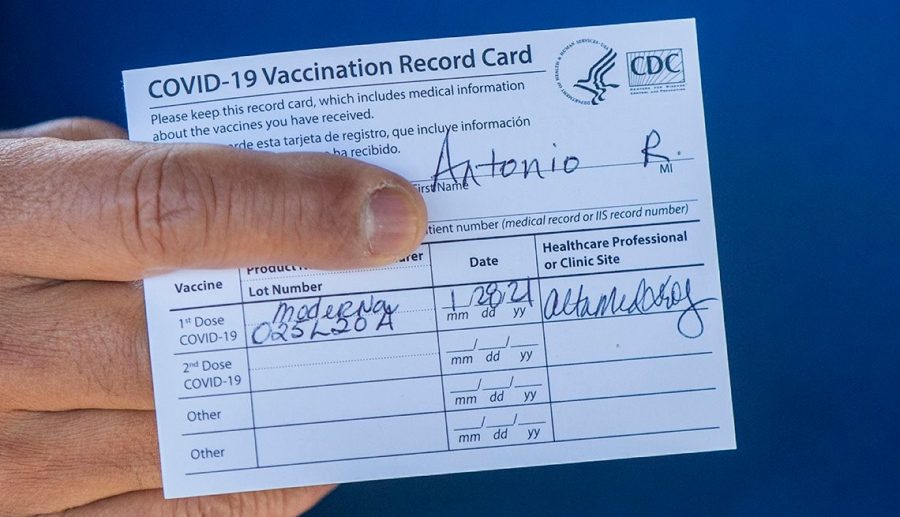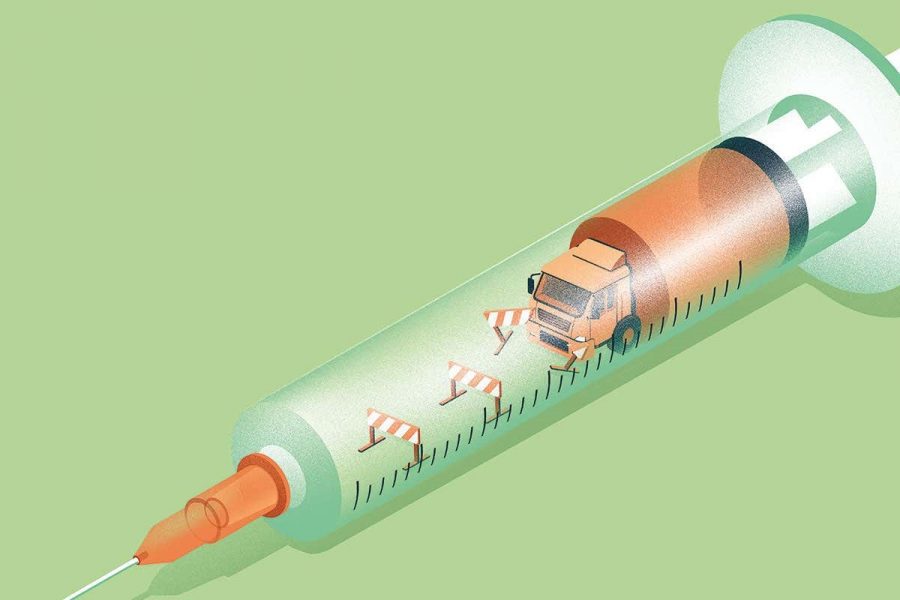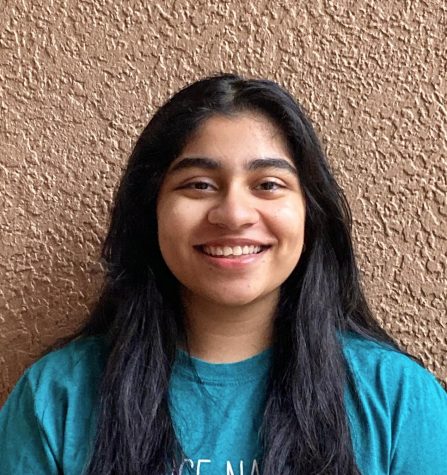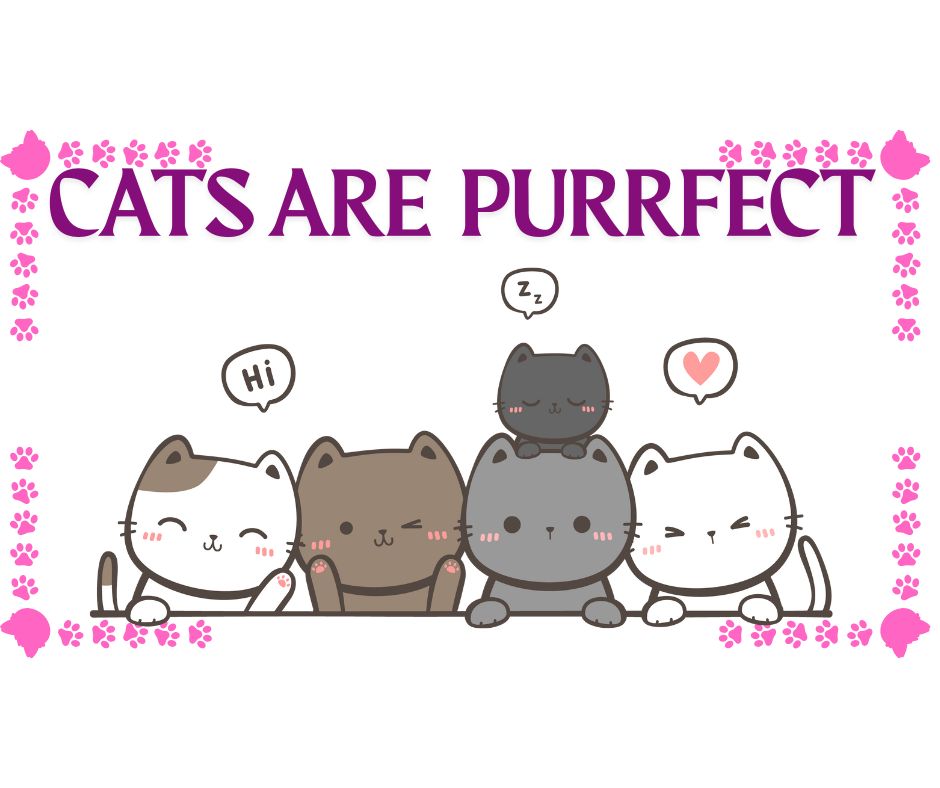Why are vaccines so scarce?
February 22, 2021
It seems like we’ve always been looking to the future, hoping for a time when we’ll all be vaccinated. First, we had to wait for biotech companies to develop the vaccines, and now it seems like we’ll perpetually be waiting for the next round of vaccines to come out, only for supplies to immediately run out again. But why are vaccines so scarce?
Wealthier nations had already bought enough vaccines to cover their entire population, and sometimes more. The U.S., for example, preordered enough vaccines to cover our entire population twice over because the government initially wasn’t sure which companies would come out with a vaccine first. We can’t all get them now because while we preordered them at once, it will take months to produce the entire supply requested. What’s worse is that these vaccines are even more difficult to come by in other nations.
Due to the overwhelming number of doses requested by wealthier nations, poorer nations have almost no shot at acquiring a significant amount – it’s just too expensive. In fact, it’s expected that most countries won’t start vaccinating until 2023 at the earliest. Many have called for nations like ours to donate some of their supply to other nations, and while nearly all have refused, there is one exception: Norway. The country purchased an astonishing supply equivalent to three times that of their population, but quickly decided that it was “both ethical and in their self-interest”[1] to provide other nations the vaccine along with their own citizens.
Norway isn’t just an incredibly moral figure that is going above and beyond: it should be the standard. Unless we initiate much more strict travel laws, not providing other nations with a vaccine will only directly harm our national health. We saw how quickly the U.K. COVID variant strain appeared in the United States, direct proof of how quickly this virus spreads. If not for ethical reasons, we should at least be donating vaccines to improve the health of our own citizens.
The scarcity of vaccines has also caused another, but surprising, effect: fake vaccination appointments. Scammers have been quick to take advantage of this dire situation. One of them was 56-year-old Johnny Stine, who claimed to be a biotech executive and charged $400-$1000 for the vaccines he claimed to be selling. Instead, he administered another drug, and was later arrested[1]. Stories like these are unfortunately not uncommon, and neither are scams with vaccine cards, the identification card given after a dose is administered as proof and reminder for the next dose. They are being so easily faked, in part because many people posted them on social media as a celebration reminiscent of the “I Voted” election sticker. These aren’t just easy to make – they’re easy to find. A quick Google search led me to a UK-based Tik Tok user advertising these fake cards, and people report there are plenty of additional sellers on Twitter, eBay, Shopify, and Facebook.
In response, it seems like states should make their plans for officially scheduling and administering vaccines clearer. They should also warn people of these scammers. As we will see the use of vaccine cards being required for entry to certain places just like an ID card, we should expect a rise in both the number of fakes and the level of importance that this card holds.
[1] https://www.justice.gov/usao-wdwa/pr/purported-biotech-executive-charged-introducing-misbranded-drug-interstate-commerce
[1] https://megaphone.link/VMP5417802810 (“Vaccine hoarding”)
[1] https://www.aarp.org/money/scams-fraud/info-2021/covid-19-vaccination-card-data-risk.html
[1] https://www.newscientist.com/article/mg24833093-800-what-will-it-take-to-get-a-covid-19-vaccine-to-the-world/



